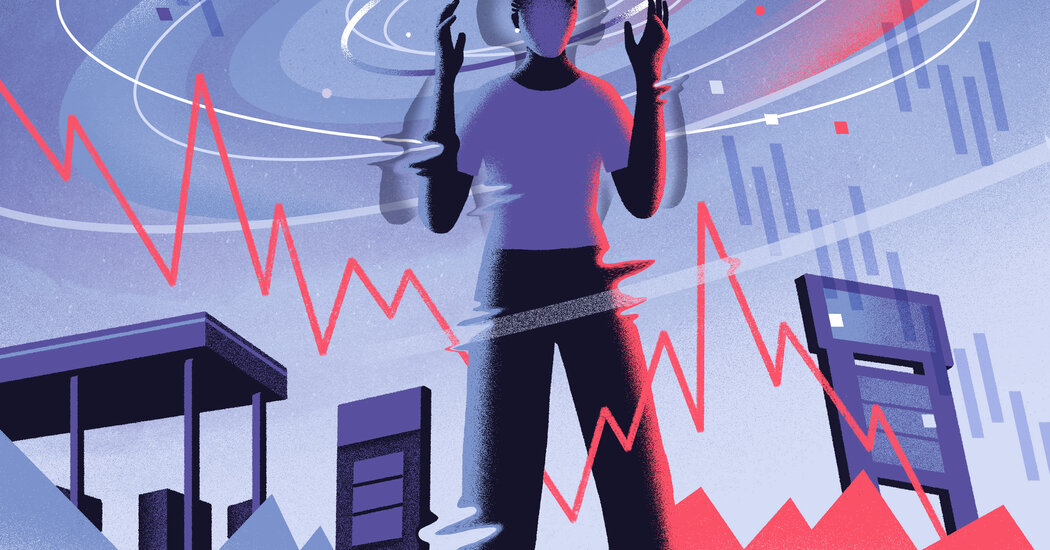
Bond funds lost 4.2 percent, on average, with long-term funds recording double-digit declines.
Marko Papic, chief strategist at the Clocktower Group, an asset manager, agreed with Mr. Thompson that “the more the stock market ignores Fed hawkishness, the more likely they’re going to go hard early.” But Mr. Papic expects the Fed to choose later in the year to tolerate persistent inflation to try to forestall a recession.
Mr. Papic advises investors to “shift into value now” by buying stocks of commodity producers and in countries, such as Brazil and Chile, that export commodities. The dominance of mining in those countries’ economies could explain much of the recent strong performance that Morningstar noted among Latin America funds.
The Russia-Ukraine War and the Global Economy
If the Fed does not go ahead with an aggressive approach, inflation-adjusted bond yields “are going to be very low, so commodities will go higher,” he said. He acknowledged, though, that putting money into commodities is risky, and added, “If I’m wrong and there’s a recession, they’ll get killed.”
In the current environment, he continued, growth stocks, especially large and expensive technology blue chips like Microsoft and Apple, may be dangerous to own. They started to fall from favor before the pandemic, “and then Covid allowed tech companies to bring forward a decade of customer growth,” Mr. Papic said. “We’re at the limits of that outperformance.”
The outlook for tech stocks may hinge on the outlook for interest rates. Tech stocks tend to react badly to higher rates because these companies are more expensive than others to start with, and higher interest rates tend to depress stock valuations generally. Also, higher rates often come when the economy is strong and the ability of tech companies to grow when other sectors cannot matters less.
A more aggressive Fed, even if just for several months, means higher rates, and Mr. Brightman highlighted a trend, driven by heightened geopolitical risk, that may keep rates higher for far longer: “slowbalization,” as he put it, a decline, or even reversal, of the system of freer trade that has created enormous wealth for investors.
A new urgency to ensure stable, secure supply chains could compel companies to shift production closer to home, he said. Building manufacturing capacity will require capital, pushing up interest rates and, because it costs more to make a widget in Secaucus than Shenzhen, inflation, too.




